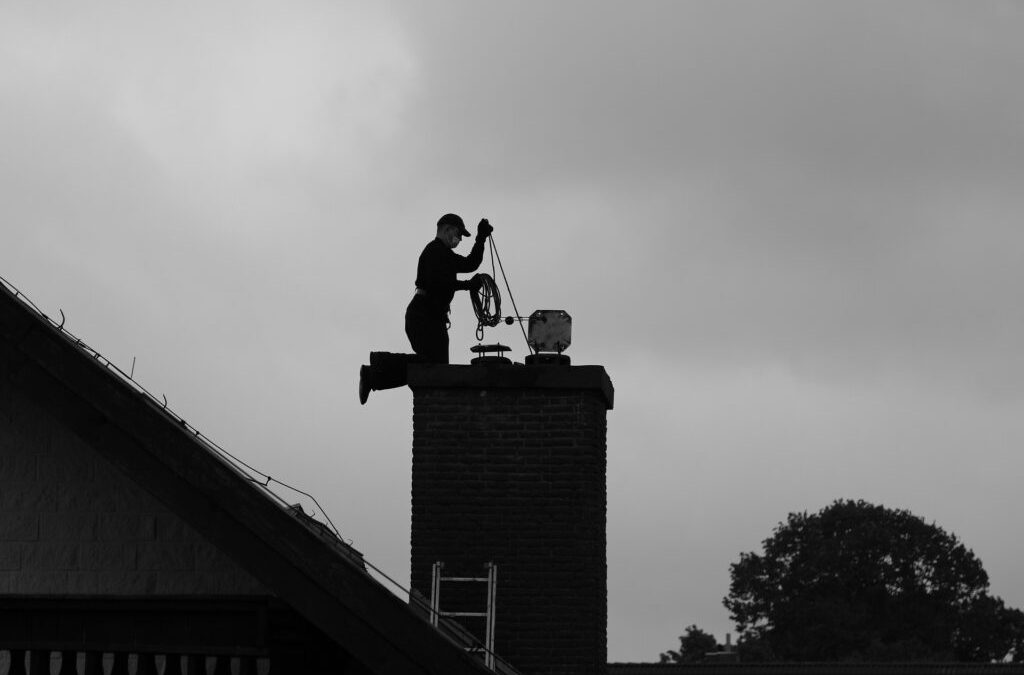It’s curious how some people react when I tell them I’m a chimney sweeper. ‘Oh really? Do they still exist?’… is the type of reaction from this minority. I guess that’s because it’s such an ancient trade and they tend to think of Victorian chimney sweeps or Old Bert from Mary Poppins. It can surprise them that sweeps are still engaged in work. These people tend to fall into two categories: those who don’t have an indoor fire, or those who do have an indoor fire but don’t realize chimneys need regular sweeping.
Modern Chimney Sweeps
The simple fact is that chimney cleaners, or rather sweeps, belong to a profession that’s entirely relevant to the modern age, especially when everyone is so concerned about climate change and air pollution.
Chimney sweeping is proven to benefit the environment by ensuring that flues are efficient for consumption. That means harmful gas is able to leave safely and, as long as the consumer is burning dry wood at a high burn rate, the most efficient use is being made of the wood as a fuel energy source. The sheer numbers alone in my client contact book shows that chimney sweeping is definitely an in-demand and contemporary trade.
Professional
A modern chimney sweep should look entirely professional. A tradesman such as St John’s Chimney Sweep who has completed a number of chimney sweep courses with a trade body such as the Guild of Master Chimney Sweeps. Chimney sweeps do look different these days. We use vans, not horses and carts; power sweeping brushes or fit-for-flue sized manual brushes, not old mops; CCTV not boy or girl sweeps; proper overalls not 19th century sooty clothes; and we are accredited with proper trade organizations, not drinking pals at the local tavern!
Chimney sweeping has developed over centuries and its current evolved form is a highly respected profession, which involves fire and carbon monoxide gas risk safety assessment, reliable sweeping methods and sound recommendations on related matters such as bird’s nest removal, chimney flue repairs, and wood burner efficiency.
Chimney flues need to be kept clean to stop risks of carbon monoxide via flammable soot clogging up the inside of the structure. You also want to avoid bird nests, which can be dangerous for consumers by blocking the flue. And the appliance itself needs to be maintained properly and in good working order.
Contact us
St John Chimney Sweeps Address 1613 Reed Rd D1, Pennington, NJ 08534 Proudly Serving Mercer County, Somerset County, Hunterdon County, & Surrounding Areas
Website http://www.stjohnchimneysweeps.com/
Email: stjohnchimneysweeps@verizon.net Phone Number: (609) 737-0133

